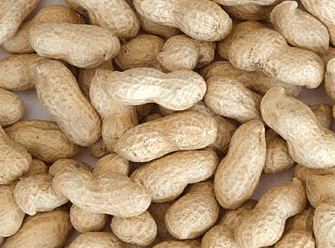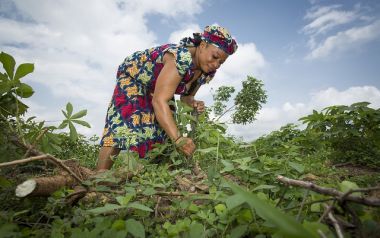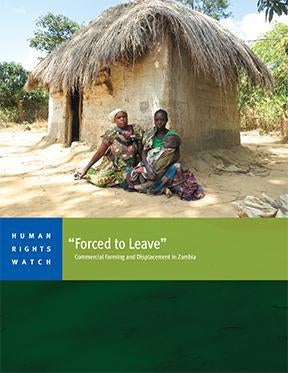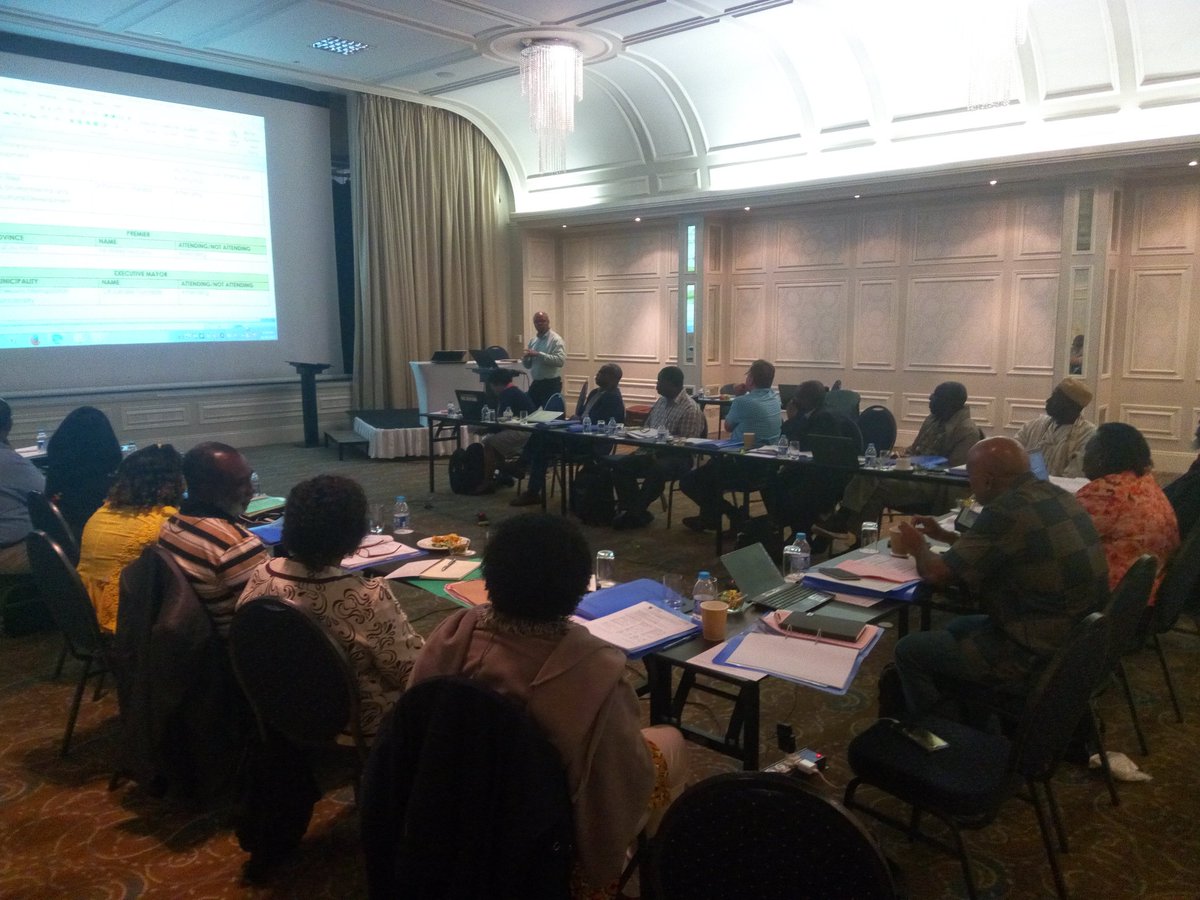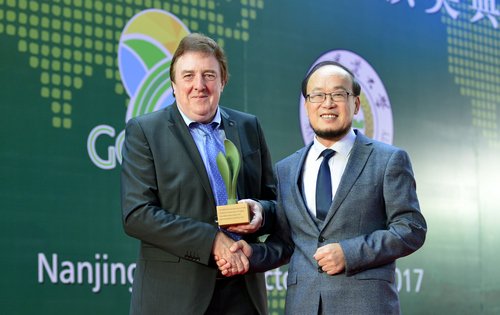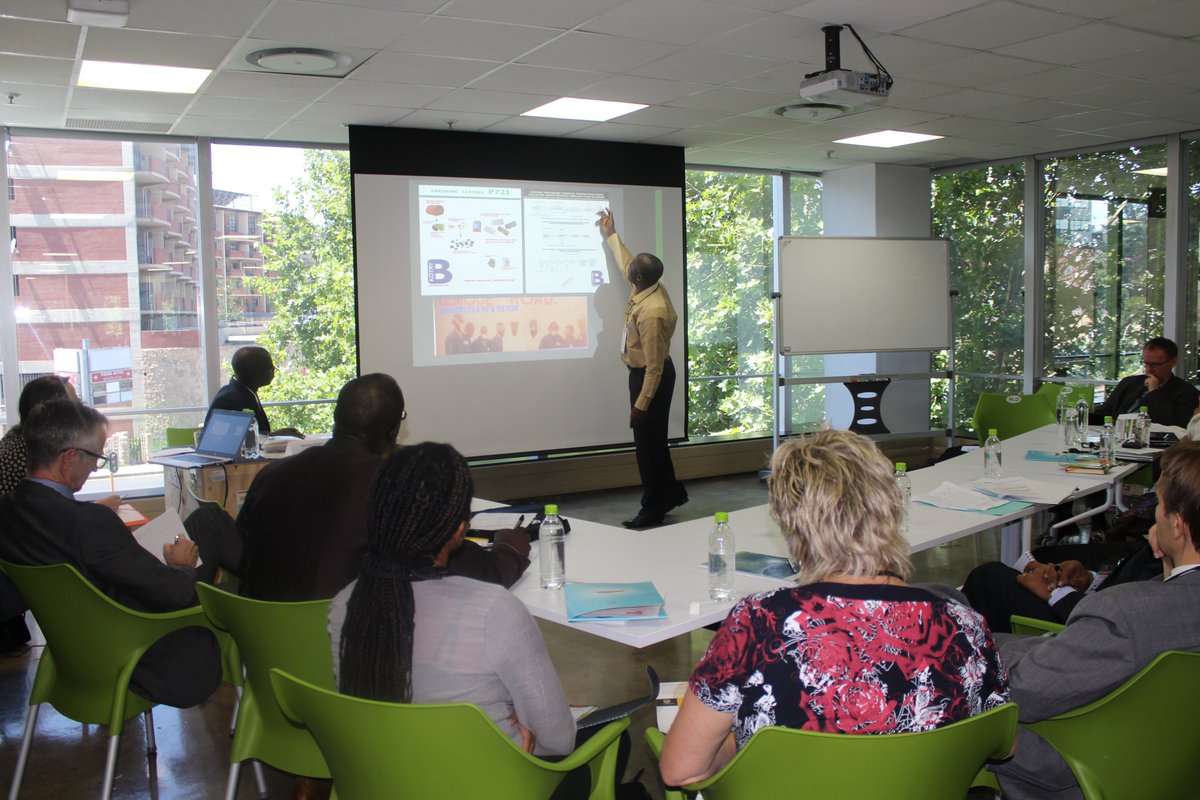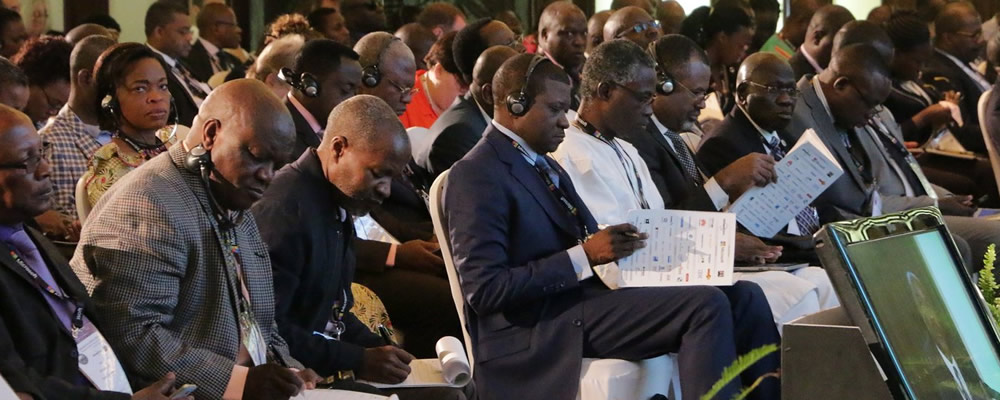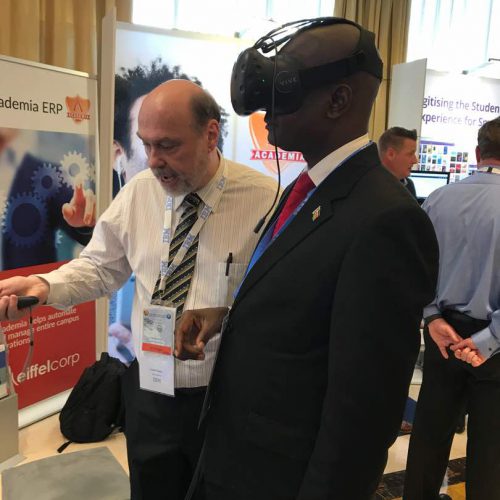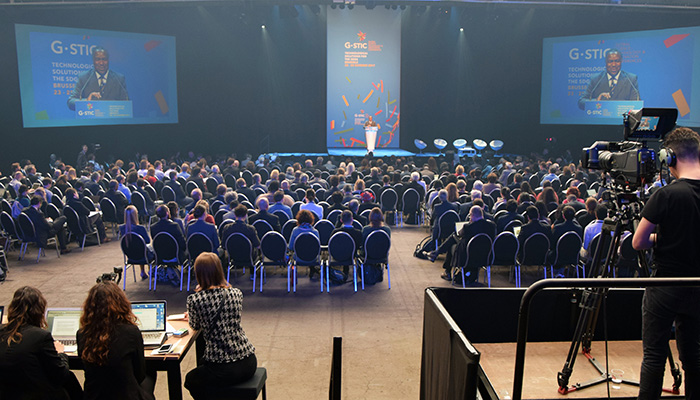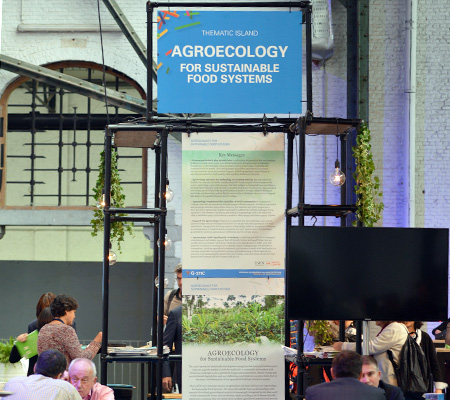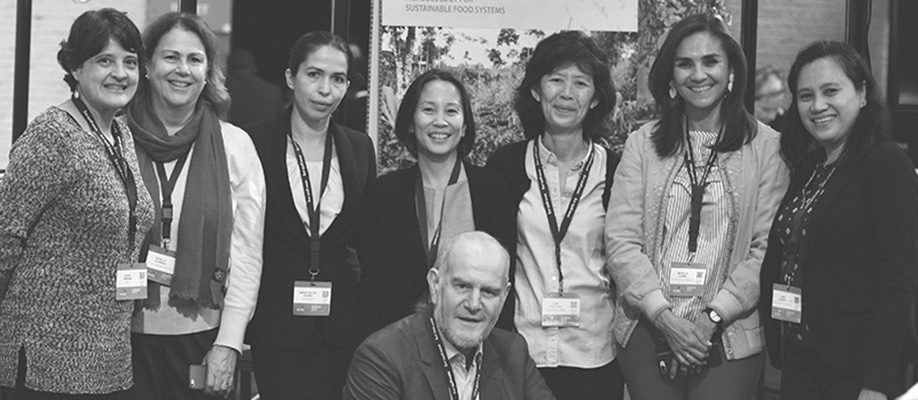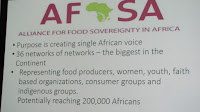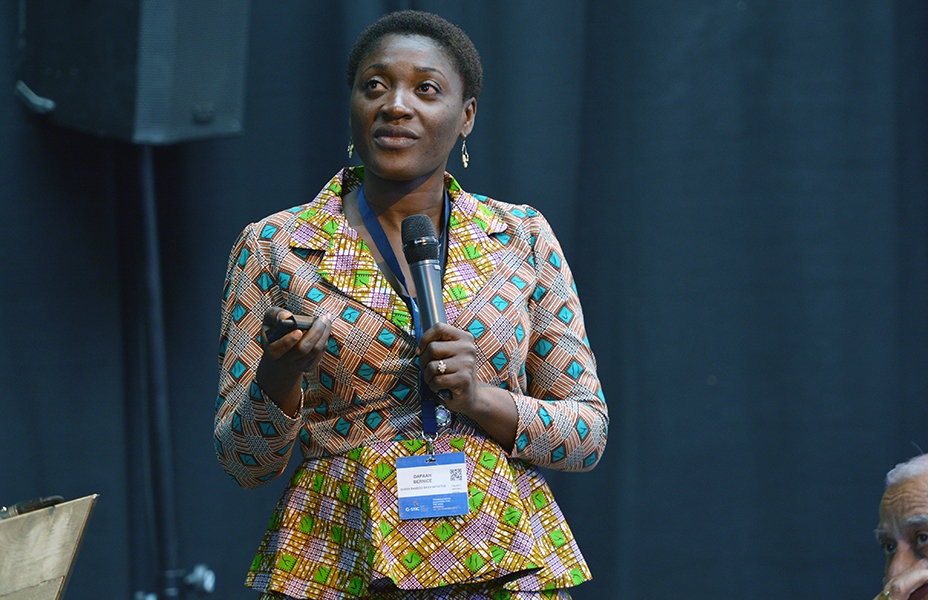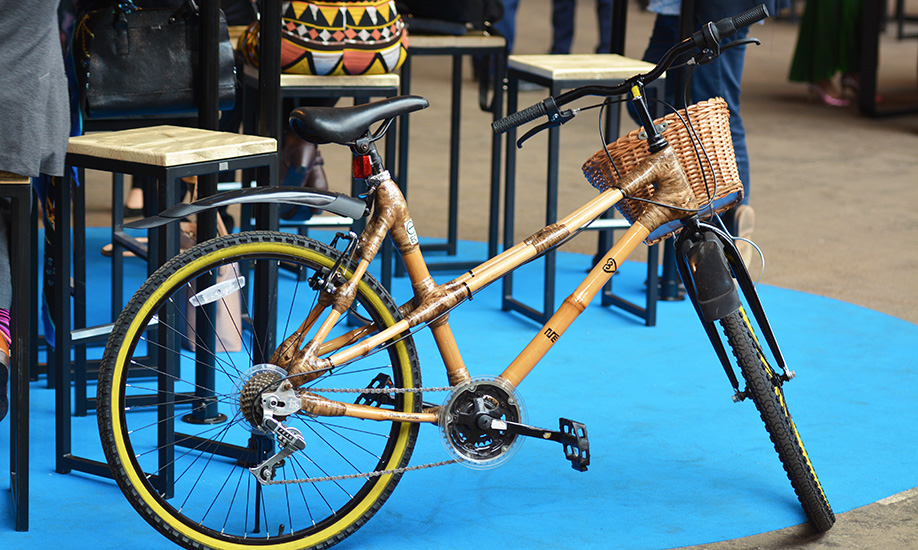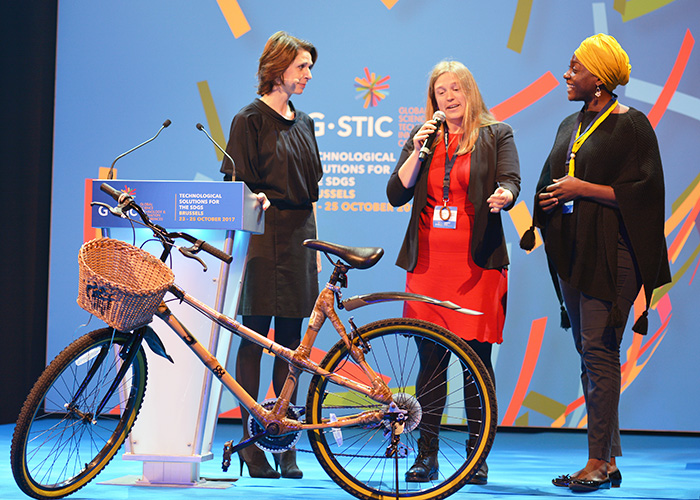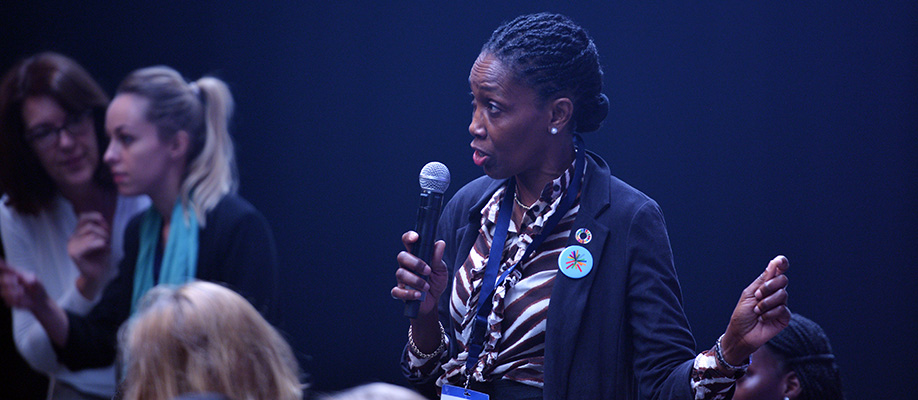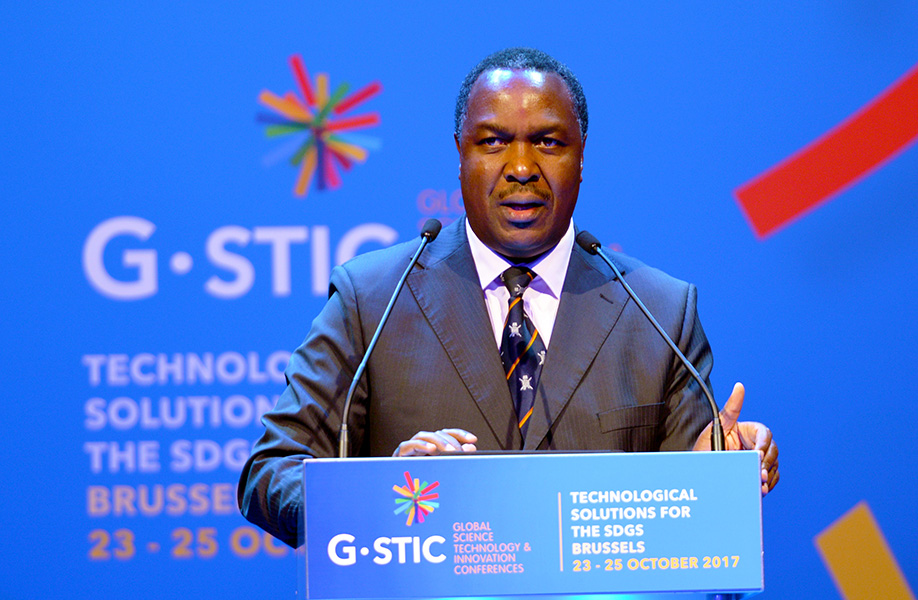Octobre 2017. Le Monde Diplomatique. Le vent du libre-échange souffle de plus belle sur le continent noir. D’un côté, l’Union européenne accroît sa pression sur les capitales africaines pour finaliser la signature d’accords de partenariat économique (APE) et en finir avec les préférences commerciales non réciproques : pour conserver l’exemption des droits de douane sur leurs exportations vers l’Europe, les Africains devront supprimer 80 % de ceux qui s’appliquent aux importations en provenance du Marché commun. De l’autre, l’Union africaine lance les négociations en vue de créer une zone de libre-échange continentale (ZLEC). À Niamey (Niger), le 16 juin 2017, les ministres du commerce africains ont d’ores et déjà décidé de supprimer à terme 90 % des droits de douane entre les pays du continent.
Cet emballement libre-échangiste laisse songeur, en particulier dans le secteur agricole. Prenons le cas de l’Afrique de l’Ouest, qui fait face au triple défi d’un déficit alimentaire croissant, d’une explosion démographique et du changement climatique.
- Son déficit alimentaire est passé de 144 millions d’euros en moyenne en 2000-2004 à 2,1 milliards d’euros en 2013-2016 (si l’on ne tient pas compte du cacao, qui n’est pas un produit alimentaire de base, le déficit a bondi de 2,5 à 7,5 milliards d’euros).
- Il devrait encore s’aggraver avec le doublement de la population prévu d’ici 2050 alors que, dans le même temps, un réchauffement de 2 °C pourrait diminuer de 10 % le rendement agricole en Afrique subsaharienne, selon les Nations unies.





